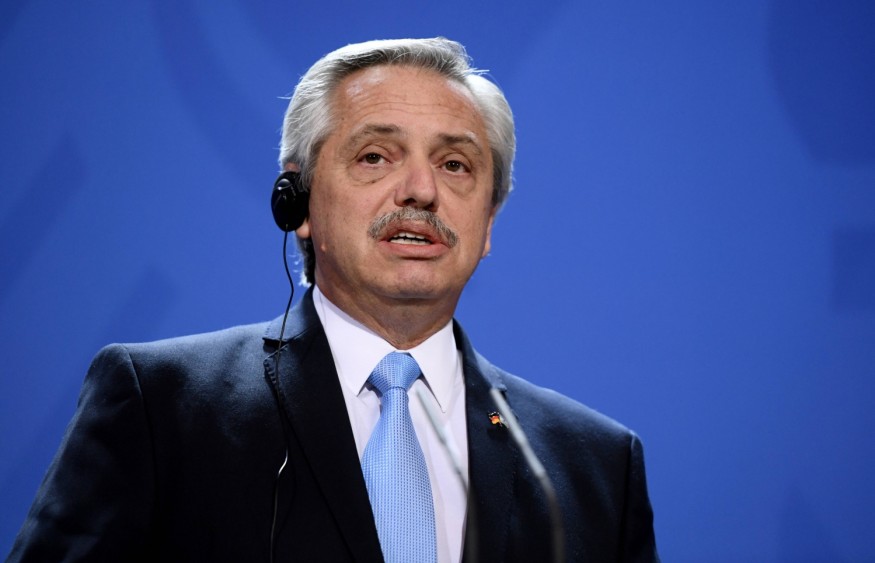Fernández Is Looking at China to Resolve the Debt Crisis in Argentina
Leading experts began to speculate whether the crisis-prone nation of South America may be forced to accept Chinese financing as Argentina is believed to be on the brink of falling to its ninth sovereign default.
Latin America's third largest economy is struggling to emerge from a painful recession, wild inflation and stock-market defeat late last year and the risk of default is increasing.
Instead of entering an agreement with private investors Argentina urgently needed the imprimatur of the International Monetary Fund. Furthermore, while the administration of Fernández reads the Washington newsletter as a clarification of Argentina's demand that private lenders meet their loans, it is far less certain how they will proceed.
President Fernandez has been the subject of intense speculation ever since he won Argentina's presidential primary elections in August last year, virtually guaranteeing an electoral victory. The current Front for All political alliances is still a competing party. Fernandez's inner circle has resulted in conflicting messages that confuse investors with creditors and encourage popular demands to be hard on its administration.
Moreover, Argentina has been given a reprieve but not a pass by the IMF. President Fernandez needs to persuade cautious creditors to deal with a nation that faces trials of serial default.
President Fernández decided to strengthen connections with China during his administration, with limited funding available in Argentina's debt - a move to restart mothbound major infrastructure projects and pursue funding to boost foreign currency reserves for the Central Bank.

CHINA AND ARGENTINA'S BILATERAL RELATIONSHIP
Argentina and China have close relations that go back years, but during Mauricio Macri's presidency of 2015-2019, their bilateral ties blew temperamental. Experts today have said that the idea is to strengthen ties while at the same time maintain good relations with US president Donald Trump and his administration - a difficult path to take. The US is key for the future of Argentina, particularly in dealing with the international currency fund on debt restructuring.
Geng Shuang, Chinese Foreign Minister's spokesman, congratulated Fernández on the victory after his inauguration, adding that Beijing respects the connections it has with Argentina and is working to achieve "stable progress" in relations. President Xi Jinping of China has likewise sent a letter to Fernández for his personal congratulations.
Financial services are vital to the relationship, as planned. Argentina has profited from a $19 billion currency exchange agreement with China, helping to increase Central Bank foreign exchange reserves, which in the last six months of 2019 plummeted to $28 billion. For Fernández, expansion of the money exchange is on the agenda as well as the continuation of a long list of the Macri administration's infrastructure investments.
In Latin America, China has high hopes for its One Belt-One Road Initiative, a strong diplomatic and economic program to improve global trade through better links. One of their aims is to cultivate bioceanic corridors for the transport of principal products to Asia in Latin America.
Experts agree, however, that the debt discussions with the private creditors and the International Monetary Fund will all still depend on the result.
Subscribe to Latin Post!
Sign up for our free newsletter for the Latest coverage!













